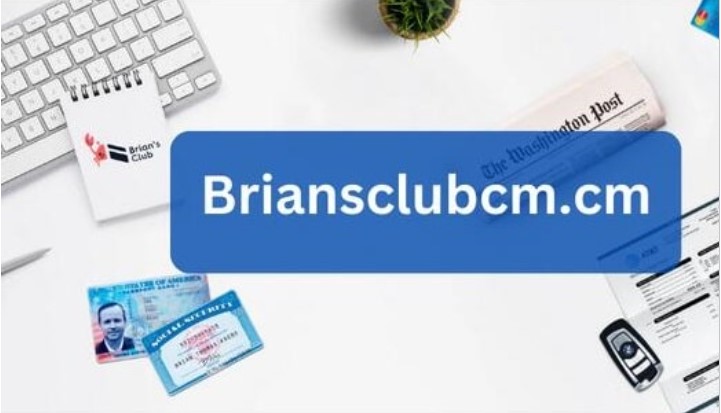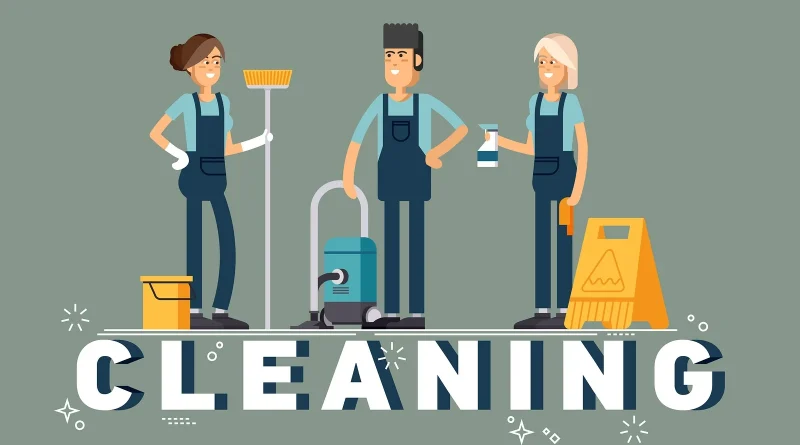Disability supports are there to assist those living with disabilities to live the lives they want, from housing and employment assistance, healthcare and education support services and beyond.
Colleges typically don’t provide evaluations for learning and thinking differences like high schools do, instead establishing disability services Melbourne offices where students can register with to secure accommodations for themselves.
Supports are services or assistance provided to people with disabilities.
Government programs offering disability supports such as Social Security Disability Insurance, Supplemental Security Income and Medicaid can provide essential financial and medical aid.
These programs provide benefits counseling, job referrals, vocational rehabilitation services and employment training to people with disabilities. Furthermore, work incentives – special dispensations which allow people with disabilities to continue receiving monthly Medicare or SSI cash benefits while still working – may also be provided.
These programs may be free or low-cost and provide emotional and psychological support for people living with disabilities and their family members, as well as accessing community resources that may aid with daily life such as home modification assistance, transportation services and financial aid. Some organizations even help individuals apply for housing with legal assistance; teach budgeting techniques and credit management. Assistive technology also may help with daily activities.
Support groups are groups of people with disabilities who meet regularly to share experiences and support each other.
Connecting with people in similar circumstances is an excellent way to relieve stress and enhance mental wellbeing, as well as enable people with disabilities to develop the knowledge necessary for independent living. Such groups can be found through medical clinics, advocacy organizations or local newspapers.
Disability services also provide financial support, making a positive difference in a disabled person’s life by helping cover living expenses. This helps them remain independent while feeling valued as individuals.
RespectAbility offers many resources that can help locate disability groups and communities, including Faith Ability: Religion and Disability Resources; Disability Intersectionality Summit; SinsInvalid: Disabled Artists and Social Change.
Supports can be physical or emotional.
Colleges provide many forms of support for students with disabilities. Some schools provide tutors with experience in learning and thinking differences as well as study skills and time management workshops, while other colleges employ accommodations officers who assist students in determining suitable accommodations (not modifications like providing extra time on tests but rather accommodations such as additional tutoring services or tutors).
To qualify for accommodations, students must have a disability that substantially restricts one or more major life activities. This could include physical or mental impairments as well as neurological disorders, intellectual disabilities or mental illnesses.
As well, one must provide reliable documentation of their disability; usually this takes the form of a letter from their doctor or therapist. Once verified by school personnel, an accommodation letter containing all approved accommodations will be created and distributed directly to professors.
Supports can be financial.
There are various government and non-profit programs designed to assist those with disabilities, such as Social Security Disability Insurance, Medicare, low income energy bill assistance programs and Supplemental Security Income.
Specifics of each program will depend on which state is involved, but typically include vocational training, home delivered meals, free or low cost medical care and in home services. Some states even offer housing vouchers or assistance when buying homes.
Many disabled adults struggle to meet their financial obligations. Many carry credit card debt that they simply can’t manage and could benefit from working with a nonprofit credit counselor.
Grants provide students with disabilities or specific conditions with access to computers and the internet, whether that means purchasing one outright or accessing it via private foundations and colleges’ grants programs specifically targeted towards them based on financial need rather than ability; such grants typically range from $1,000-25,000. They differ from accommodations given, for instance in statistics classes where additional time may be granted.




